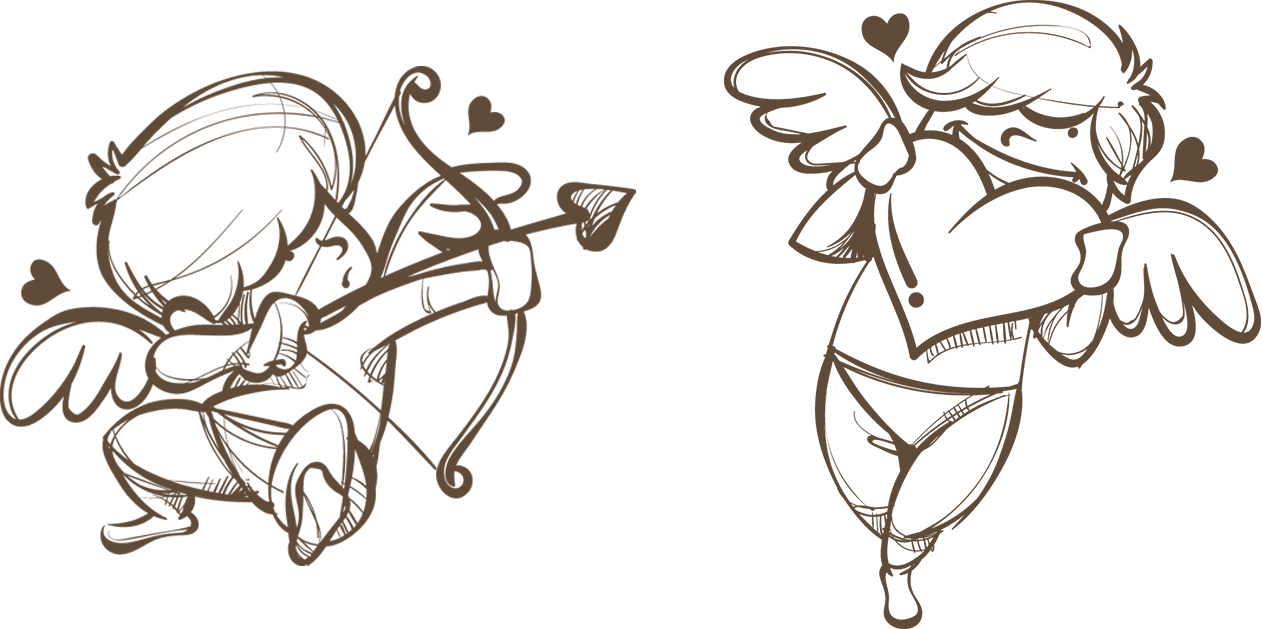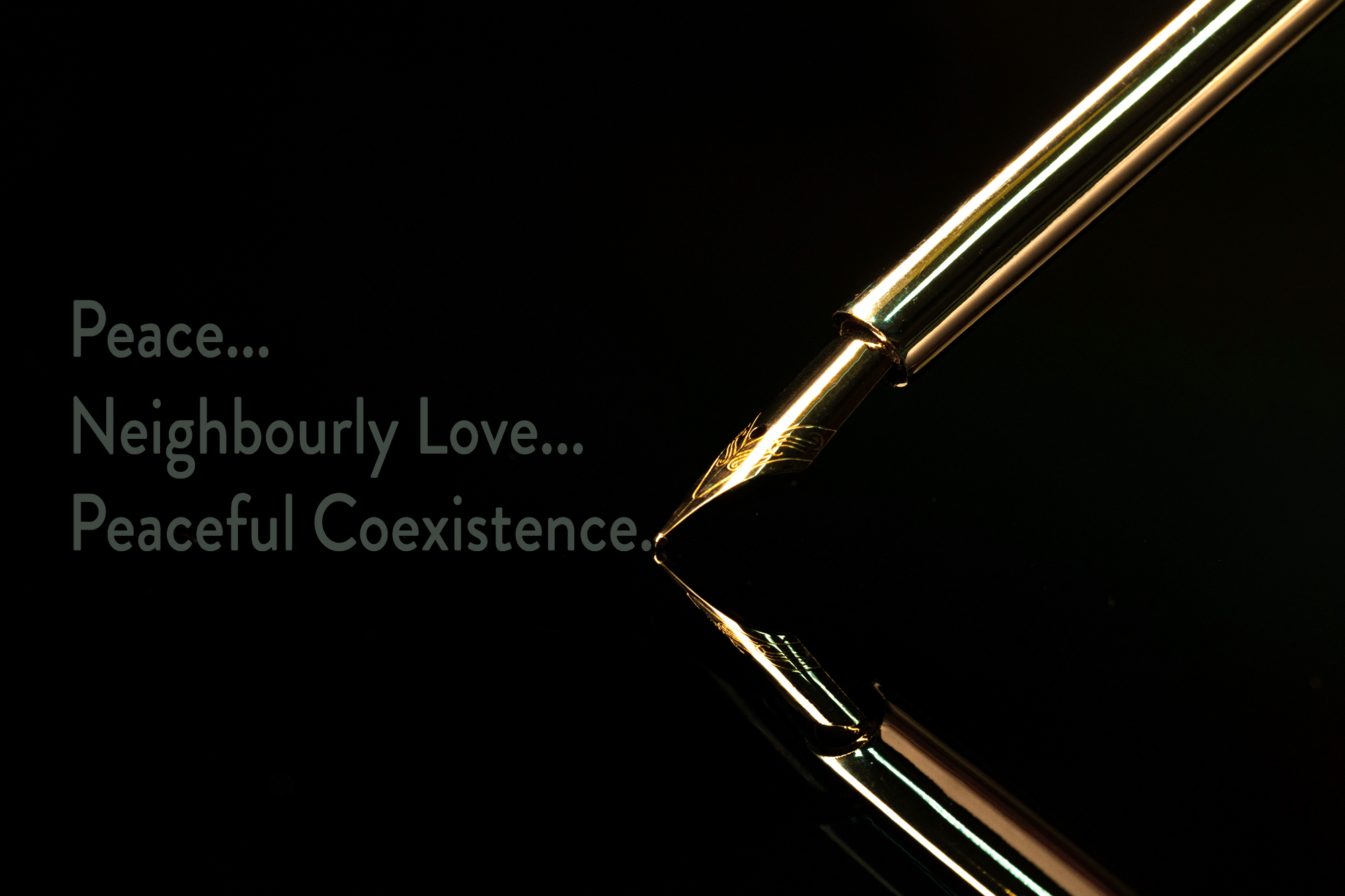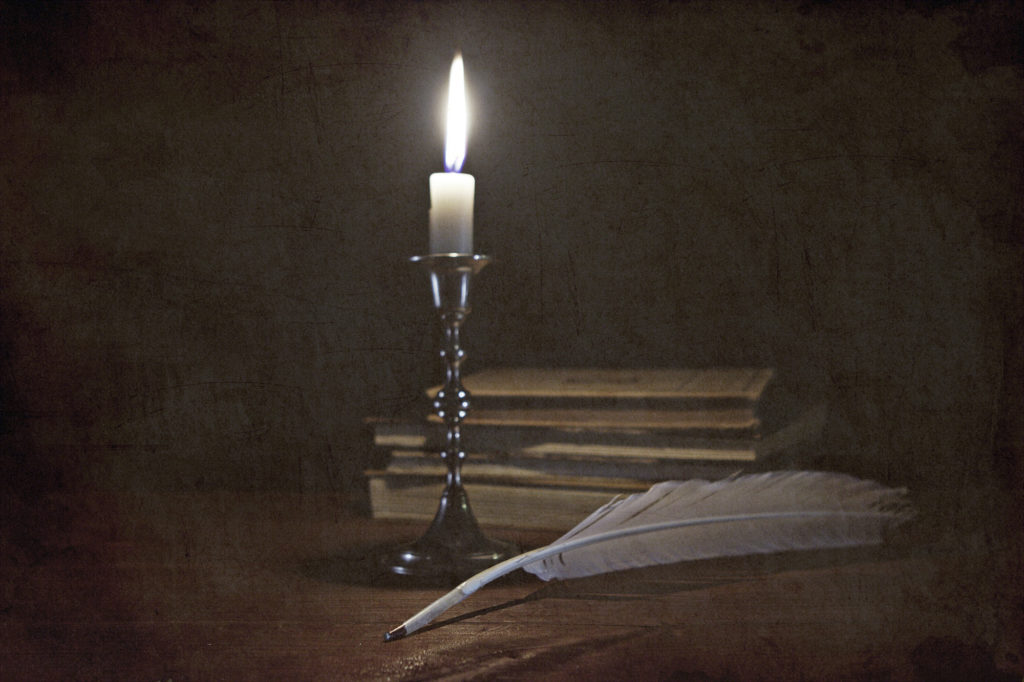
The traditional, age old approach, not to say unwritten law, is this:
-
- Woman is decorative, enticing, alluring and eventually going out of her way to please a man/men.
- Men look at women and judge them (sometimes harshly) by their looks.
- When somebody decides in this ‘game’, it’s the man, who takes the steps, makes the move.
- The woman is supposed to show her utter delight with the fact that the man actually ‘deigns’ to take notice of her and perhaps even is willing to have sex or – God forbid – a relationship with her…
- Behind it is the yet strong but older concept of women being dependent on men, for provision and – protection.
The idea that women live for themselves, depending on each other rather than men is even older, though.
This is another aspect of love and (power) relationships I have posted more than once about… a central subject in human art forms, apart perhaps from war…
Another not so pretty example is what can happen in business and has been even subject of major Hollywood feature movies such as “Disclosure”, 1994, starring Demi Moore and Michael Douglas: The power relation traditionally being the man in power and the woman almost forced to have sex with him in order to stay safe, in place – or get promoted.
It’s been reversed for this movie – and at the time caused a heated discussion as to how realistic the movie was – or if it wasn’t rather making the story too voyeuristic to be of any real value…
I am personally lucky to never actually have been subject to such treatment.
Partly due to my personal preference I believe to choose rather than be chosen…
Yet, my heart goes out to all of those women who still for one reason or another feel compelled or even forced into relations – rather than relationships – because they fear to be alone; to be without a man; and be ultimately judged by that fact by the community or their surroundings.
Finally, one point I’d like to raise too is another craze I seem to have observed in the course of a rather long life:
The idea that as a woman, indeed a human being, you would naturally be inclined to have sex on any occasion presenting itself because in modern times we’ve learned it’s natural…? The more the better…?
I’d like to point out that there is ample proof of man (and woman) being in possession of what has been called a soul 😉 – as well as a body – and that a human body is more than the sum of its parts…
I am, simply put, for that equation:
Every man and woman ‘their way’ – as long as we are talking about consenting adults.
I like too, how it was put in that fine scene from the movie “Harry and Sally”, considered to be a classic these days:




 The recent years brought to light something that is as disturbing and dreadful as it is tragic for many people: the Catholic church unearths more and more details about abuse that has been going on behind its walls at least for decades, if not much longer.
The recent years brought to light something that is as disturbing and dreadful as it is tragic for many people: the Catholic church unearths more and more details about abuse that has been going on behind its walls at least for decades, if not much longer.